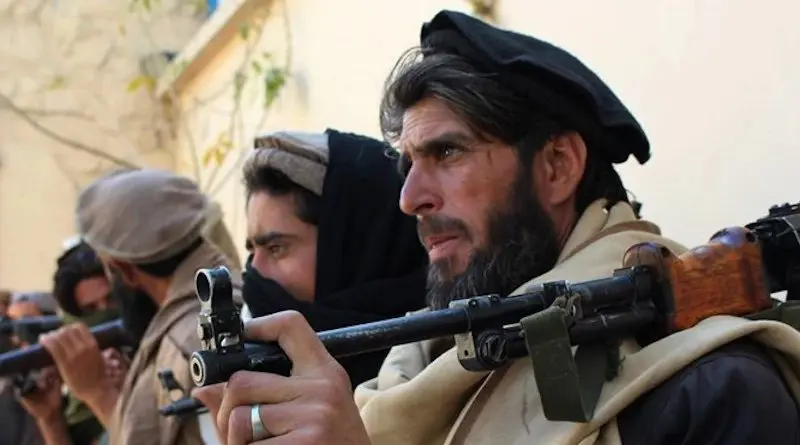Two Years Since Taliban Peace Deal: Afghan Hardships Continue – OpEd
Under the Taliban peace deal, we have seen that the Afghan people are grappling with economic hardships, increase poverty levels, and human rights abuses as the country faces an uncertain future.
Sadly, Afghanistan is again facing a political shift from a democratic governance structure to an Islamist model. This model has forcefully created economic hardships in Afghanistan – does the Taliban peace deal means a rise in poverty? This article seeks to explore the question.
For the last two years, we’ve seen is an increase in poverty levels. The United Nations says that Afghanistan has seen a climb in poverty. The statistics are alarming; in fact, as of December 2022, according to the IRC organization, “more than 90% of the country’s population” was affected by poverty. But supports has been slow in terms of humanitarian aid to the country. Far too often, the humanitarian aid doesn’t reach the beneficiaries due to the situation in the war-torn country. It was the case when we first heard about schools not being built under former regimes. However, this corruption may have worsened as a result of Taliban captures territory. Back then, the blame was on sub-contractors or funds diverted back to original source. Indeed, it has worsened, if we look at recently closure of schools and universities, as well as women banned from jobs at NGO’s.
Although there is now peace, but the past bombings and gunfire incidents has since reduced that was carried out by Taliban, Afghan Forces, and USA foreign forces. But according to media files, majority of these attacks were attributed to the current interim regime. The other ones depending on its nature were attributed to the two opponents for example; the “Mother of All Bombs”. The Taliban now remain governing in Afghanistan, resulted in two of their opponents being non-threat. Does this mean real peace and stability in Afghanistan? And did the Taliban actually win the war against USA and its Afghan counterparts?
The USA and Afghan forces both invested in Afghanistan for years, but with the sudden departure of USA force, the Afghan force also quit abruptly alongside them. Since the military exit from Afghanistan, the Taliban has introduced strict public laws that targets women, namely the Hazara minority as we see and hear about in the media.
In conclusion, the Taliban’s rise to power in Afghanistan has resulted in a trifecta of challenges: economic hardships, human rights abuses, and widespread poverty. A comprehensive two-year report underscores the grim reality that peace under the Taliban has come at a staggering cost, jeopardizing the nation’s stability and leaving its citizens, particularly Hazara Afghan women, in a dire situation.

